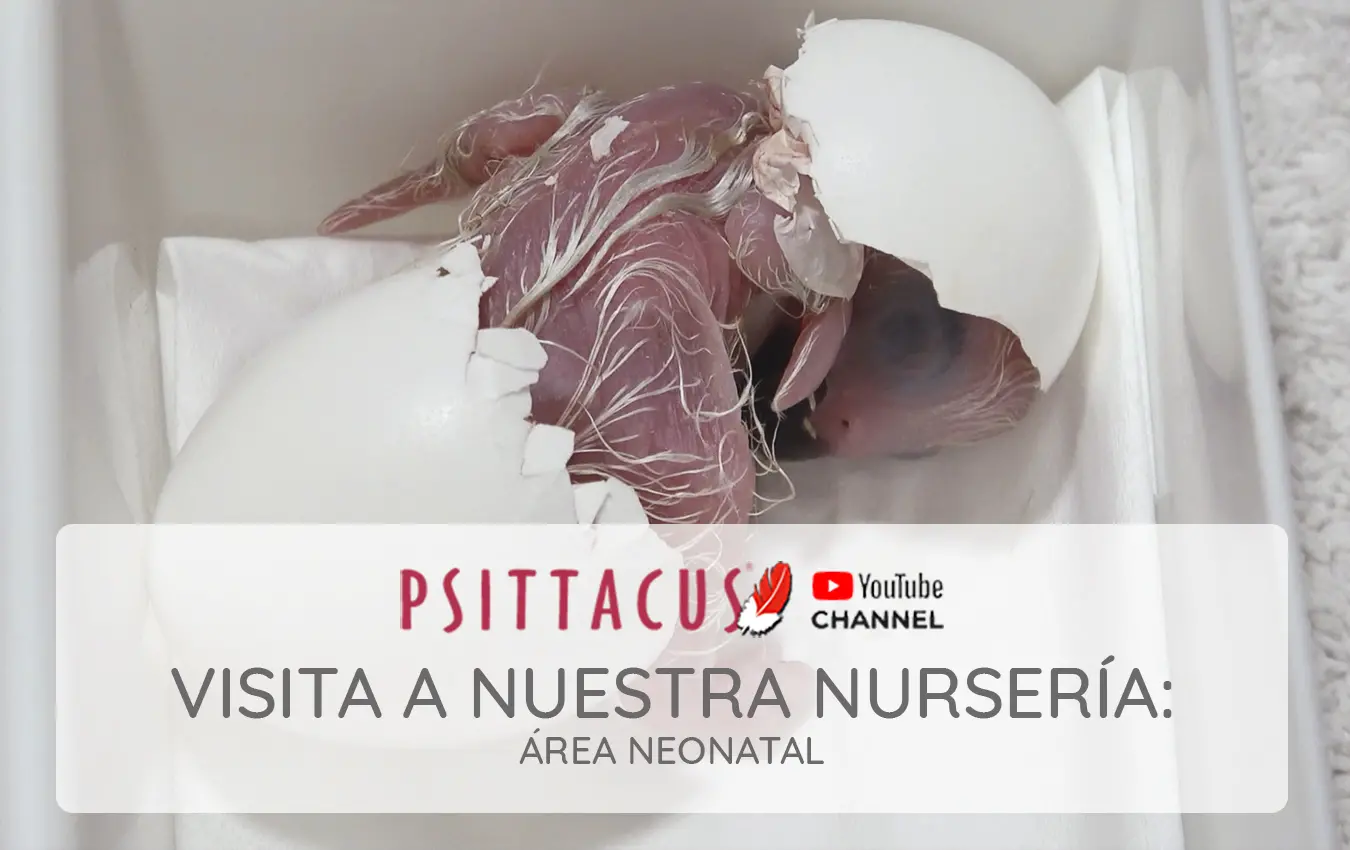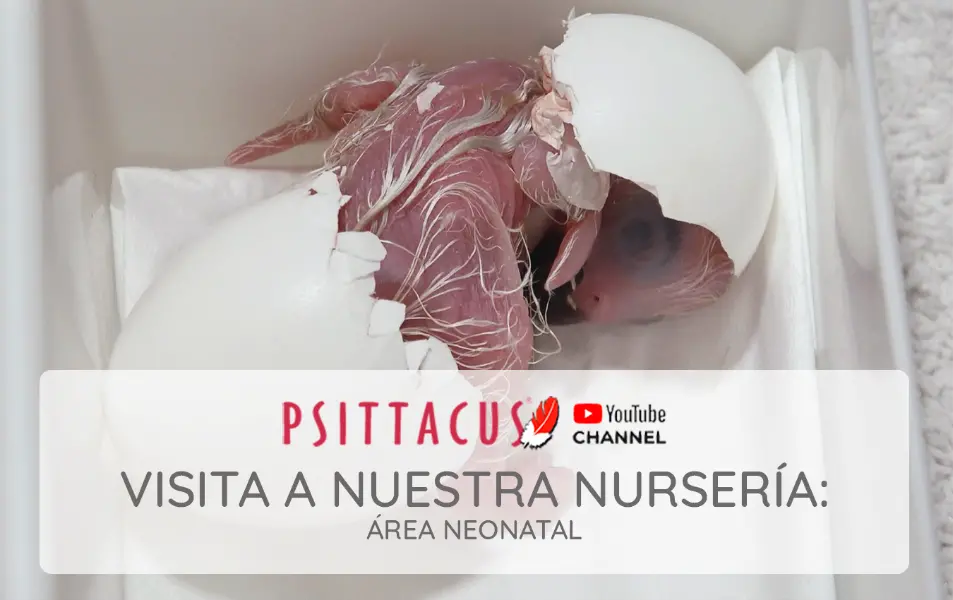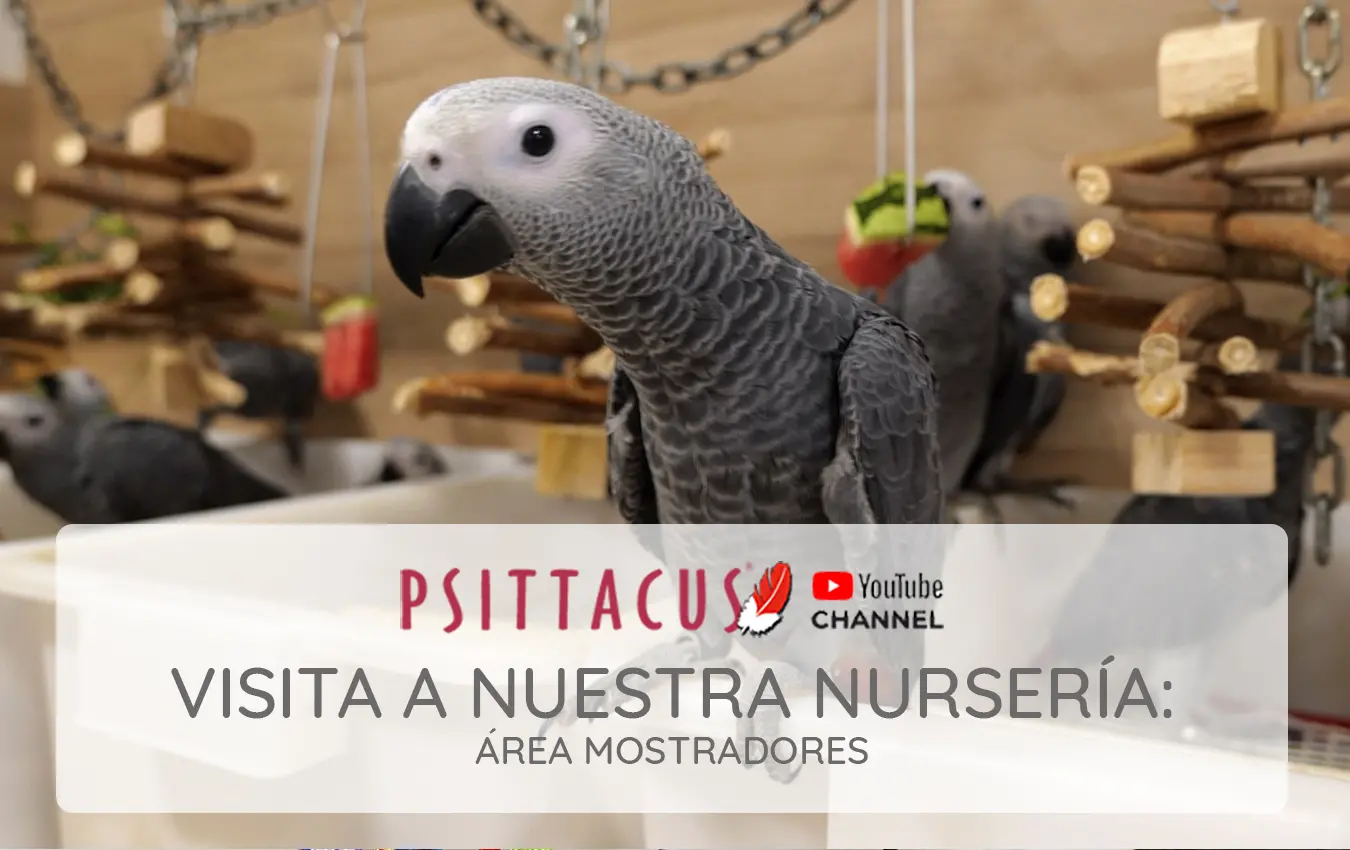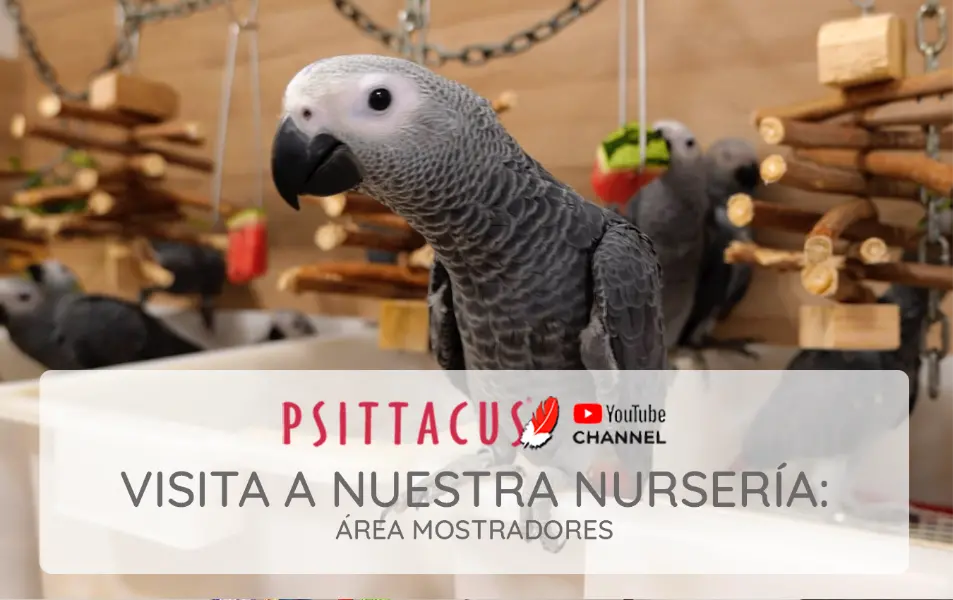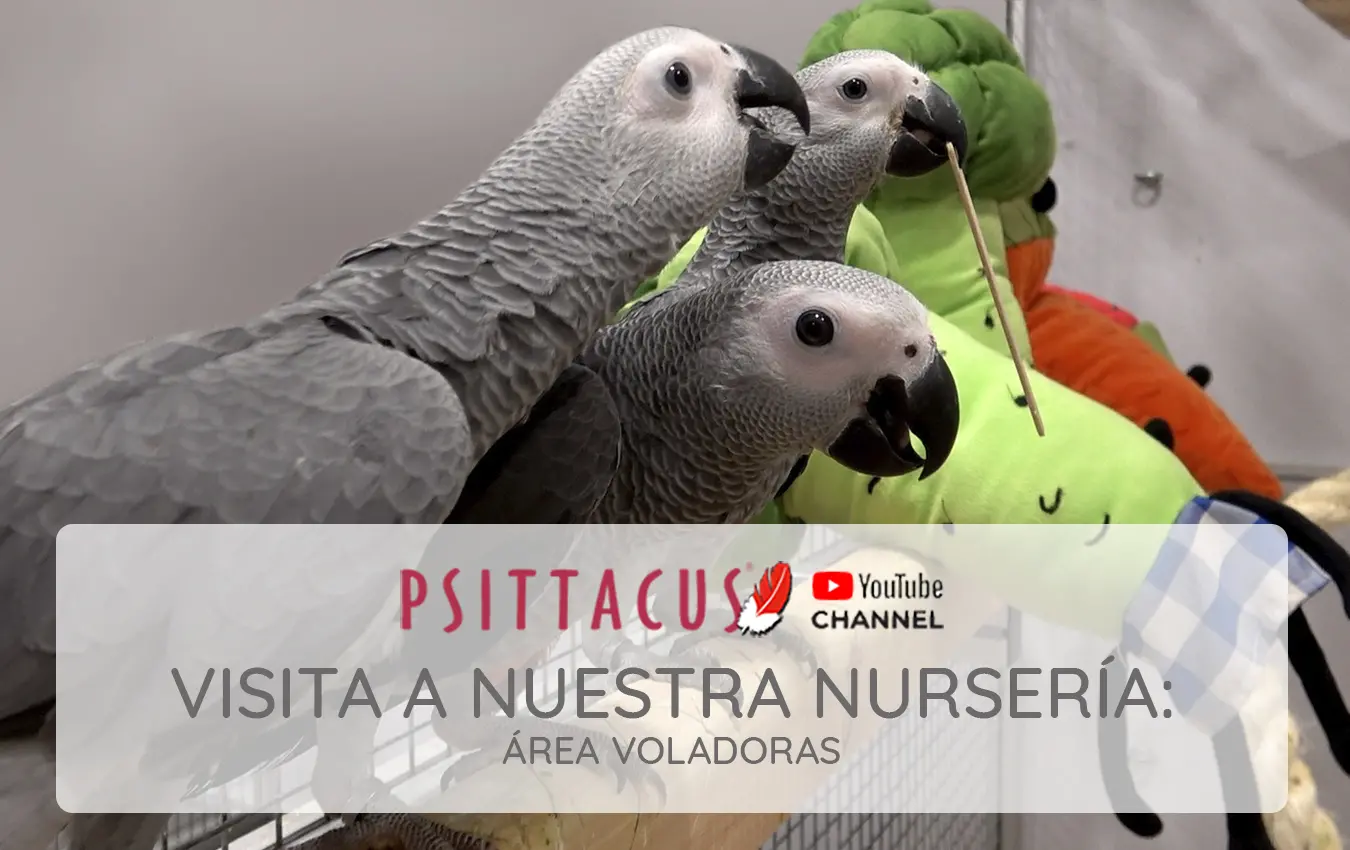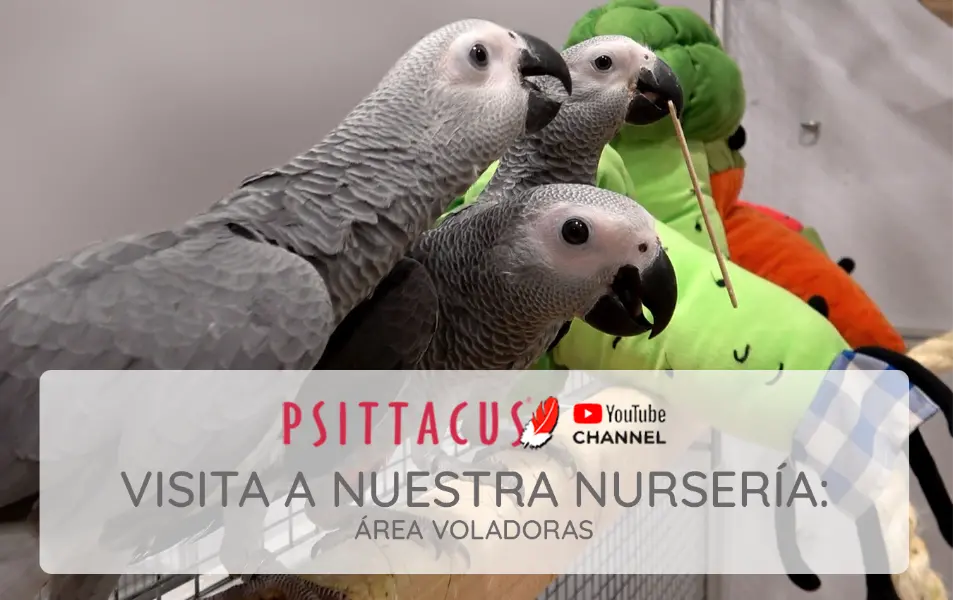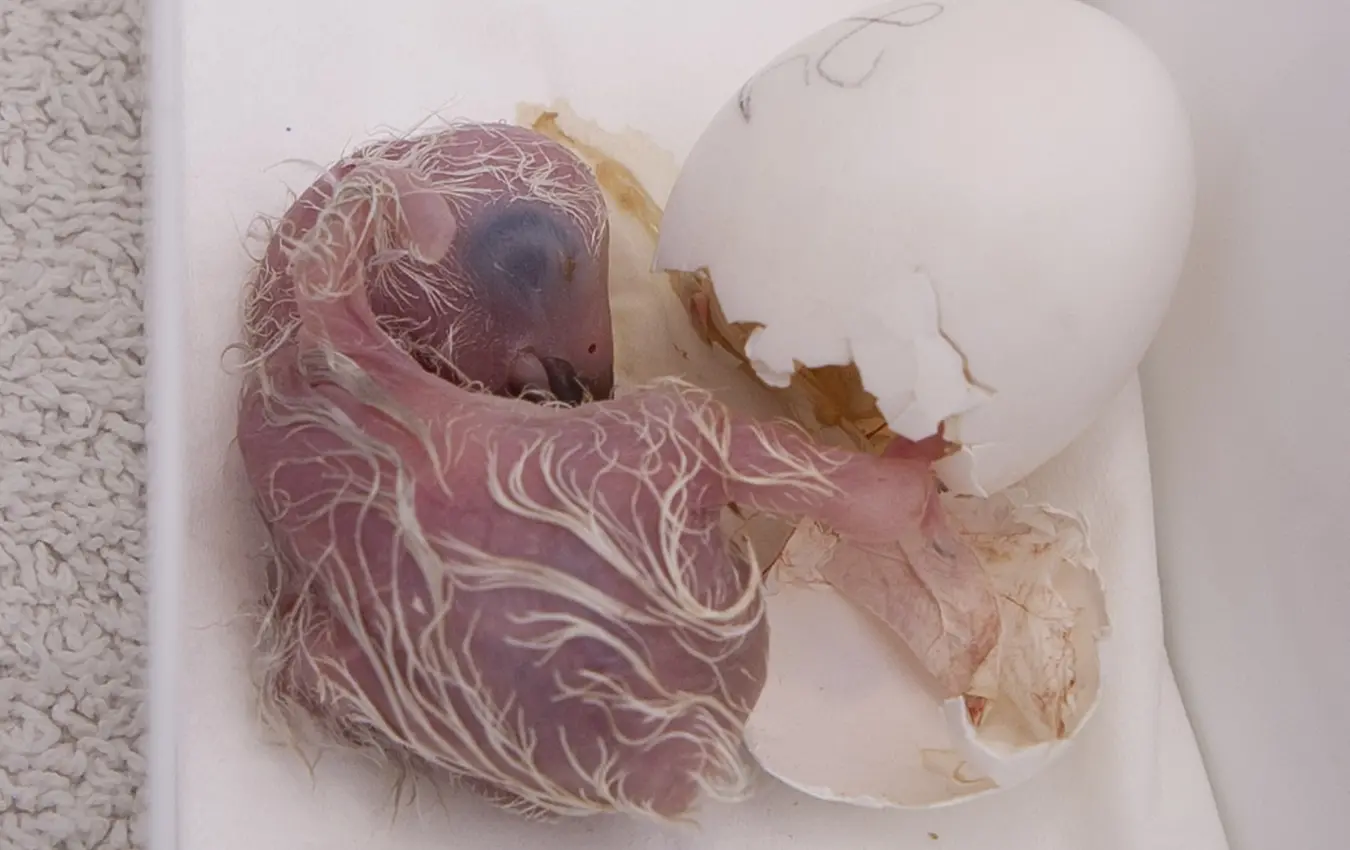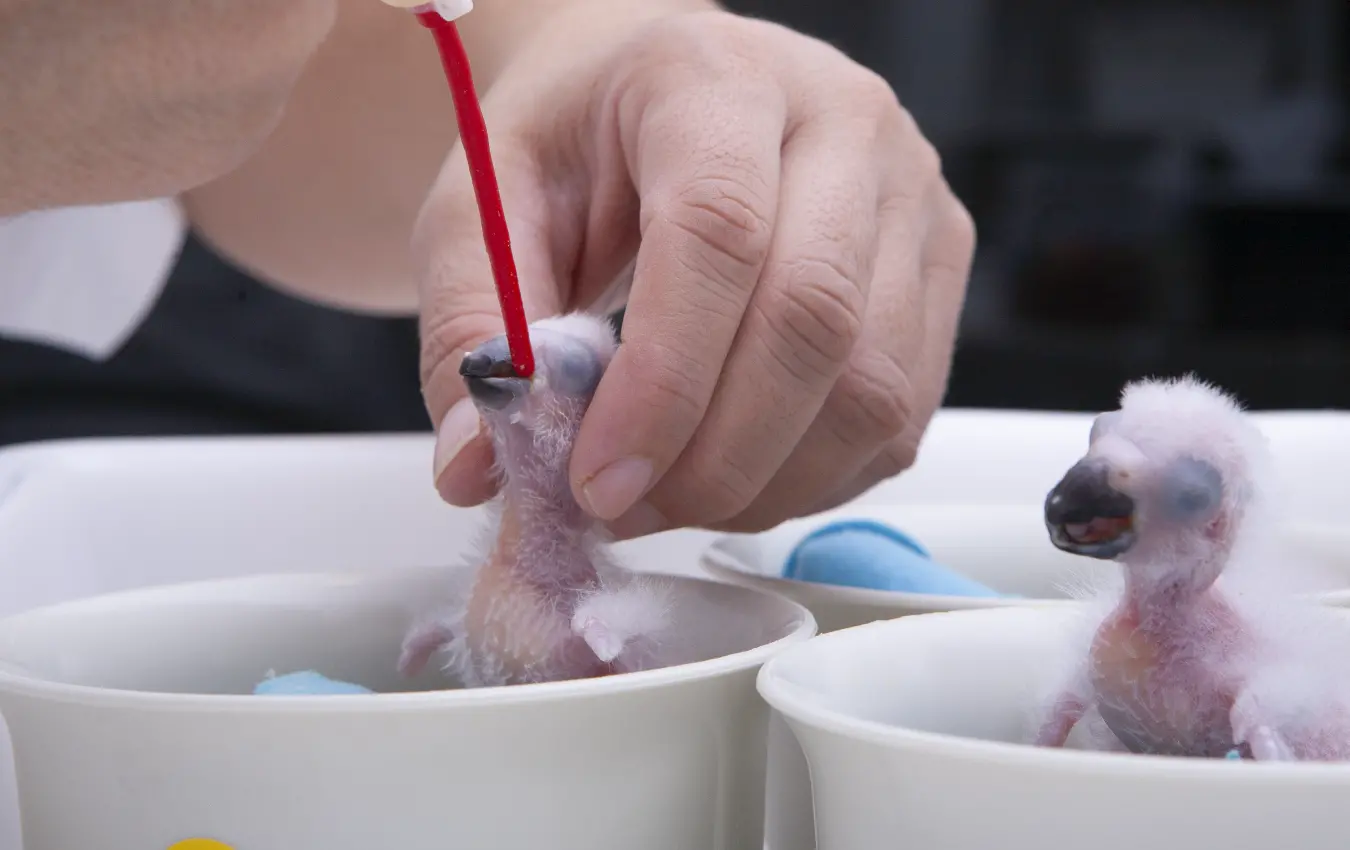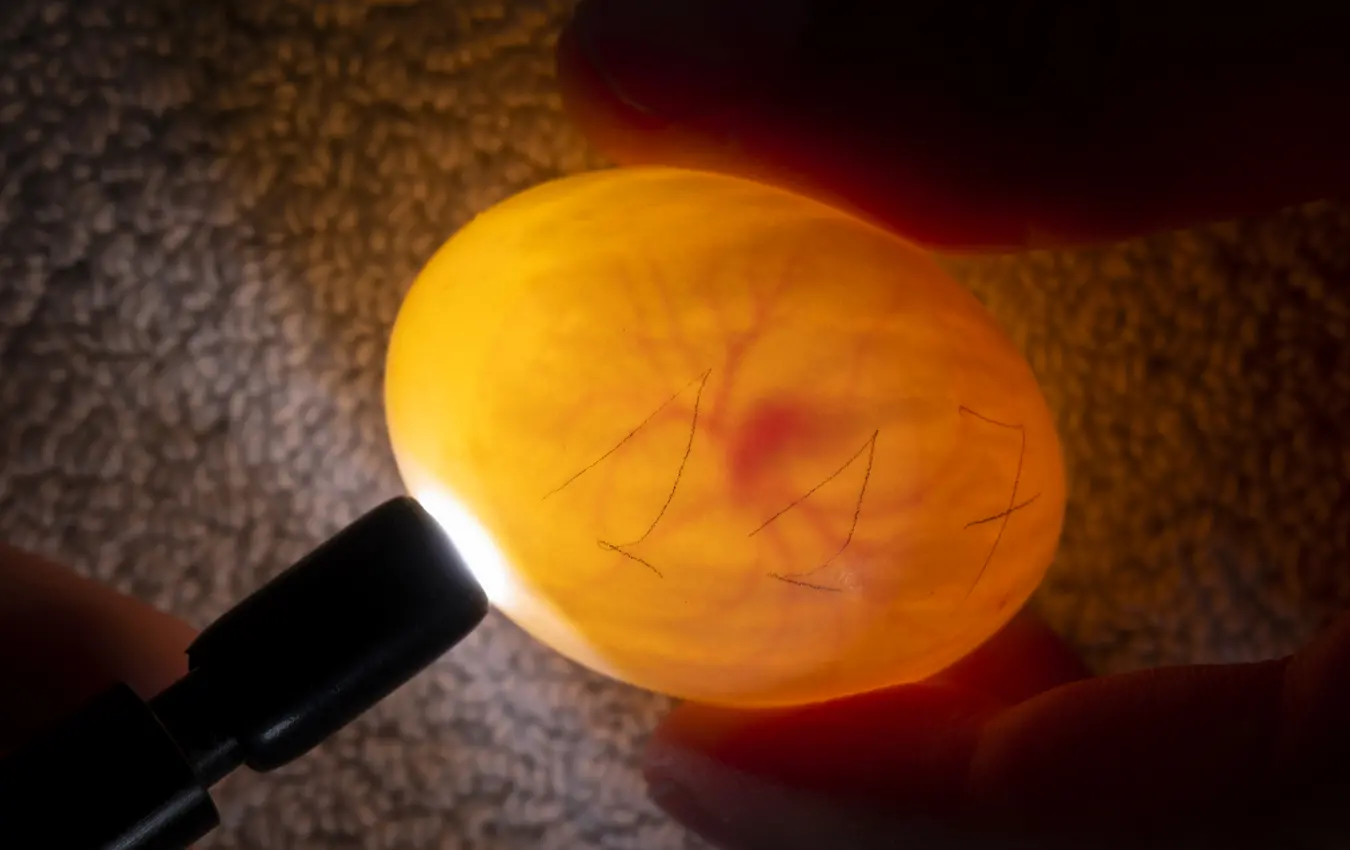Incubation Center and Nursery
For many years we have alternated periods in which we promote natural incubation with periods in which we collect the eggs and proceed to their artificial incubation in our DISRUPTIVE incubators. Artificial incubation allows us to increase the productivity of the breeding center both by stimulating a replacement clutch and by increasing final viability of the fertile eggs. On the other hand, it is also advisable to limit the number of clutches per year and boost the breeding behaviours of the progenitors, allowing them to raise the chicks themselves. To date, more than two thousand chicks have been born in our incubators.
This intense activity in terms of artificial incubation and hand-rearing from day one, has allowed us to develop and standardize protocols, techniques, instruments and specific foods that allow us to obtain very high hatching and chick viability ratios. Our usual hatching rates for fertile eggs are always above 95 %; the viability of hatched chicks is practically 100%.
To incubate artificially means having to raise newborn chicks, with specific food and environmental needs and with little margin for error. The first days are of vital importance for the babies: their strength, viability and later development depend on the correct growth start.
The PCR determinations and the corresponding veterinary review allow us to guarantee that the young African grey parrot is completely healthy when it leaves our facilities.
During their stay in the first-age nursery it is essential the correct temperature management. We use brooders and thermoregulated shelves designed by us that allow us to provide maximum comfort to the chicks.
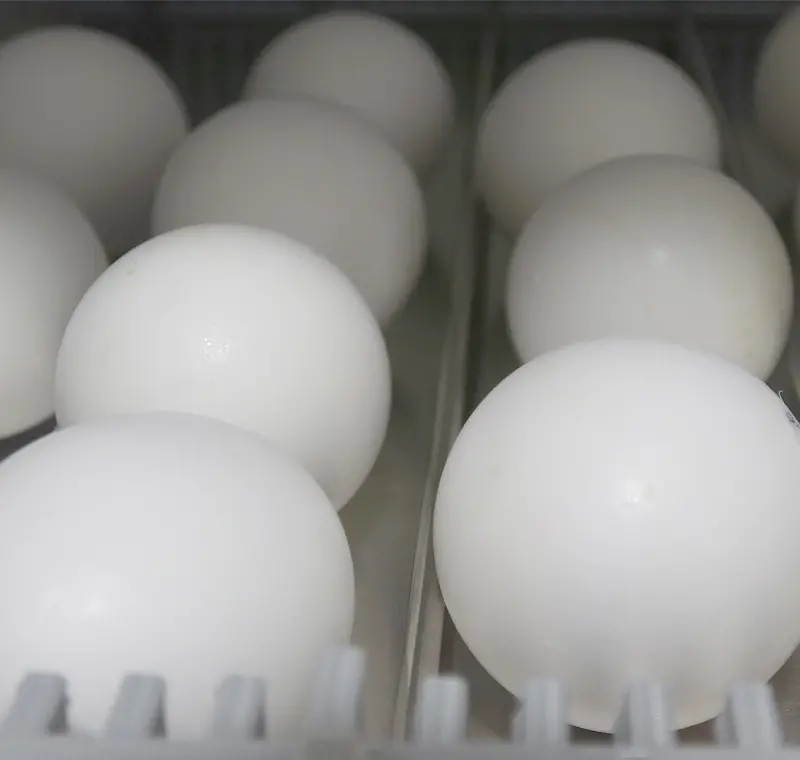
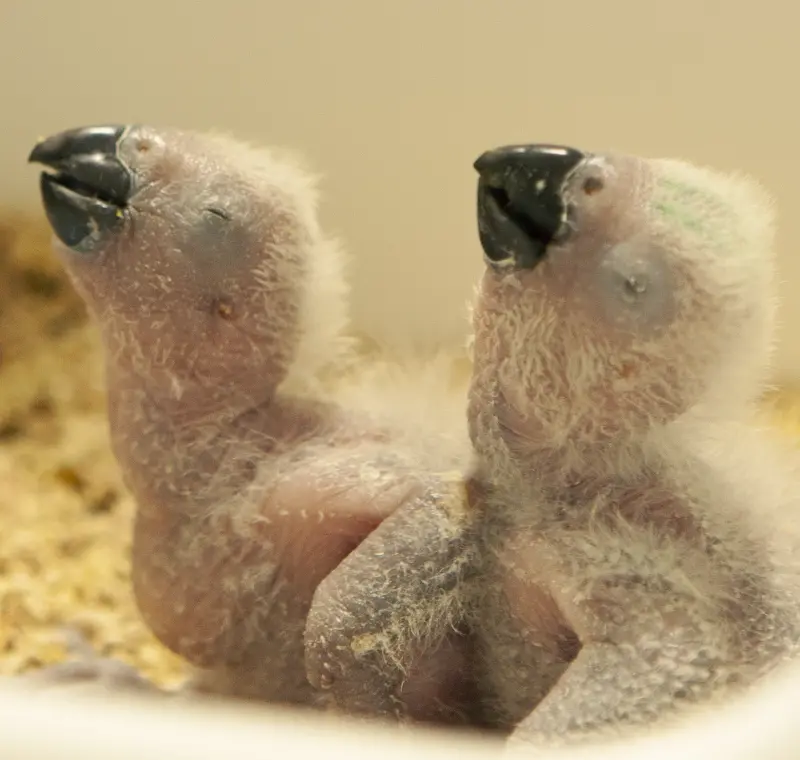
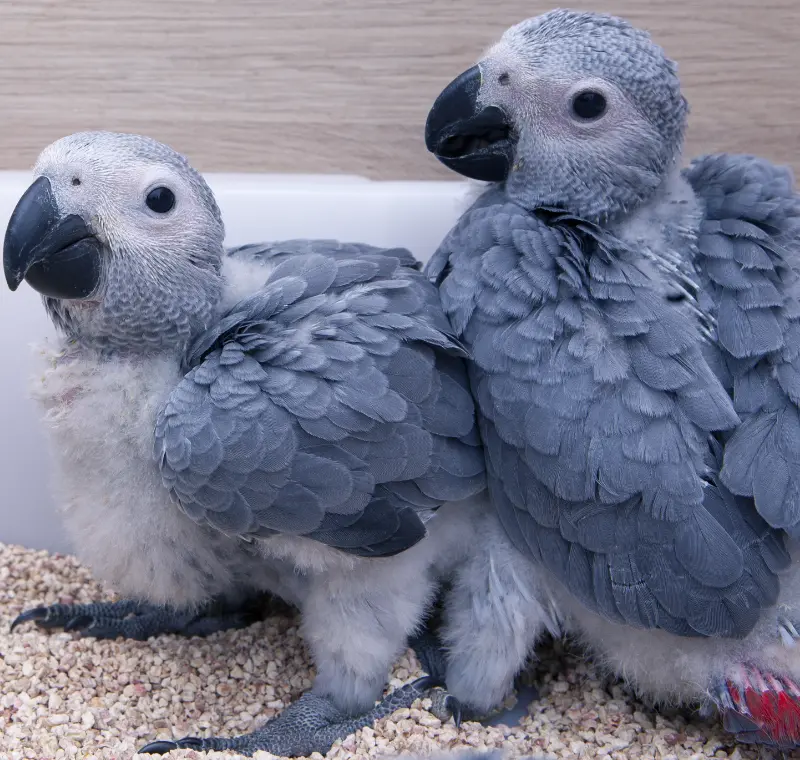
Parrots usually remain in the nursery until they are sold at the age of 3 or 4 months. At that moment the chicks have already been initiated into basic training.
Downloads
The most important information about the purchase in a pdf file
Click image to enlarge, here to
Download
Where to place it and how to allocate the elements inside the cage
Click image to enlarge, here to
Download
Buy our pack which includes the cage and the main items
Click image to enlarge, here to
Download
Downloads
The most important information about the purchase in a pdf file
Click image to enlarge, here to Download
Where to place it and how to allocate the elements inside the cage /span>
Click image to enlarge, here to Download
Buy our pack which includes the cage and the main items
Click image to enlarge, here to Download
